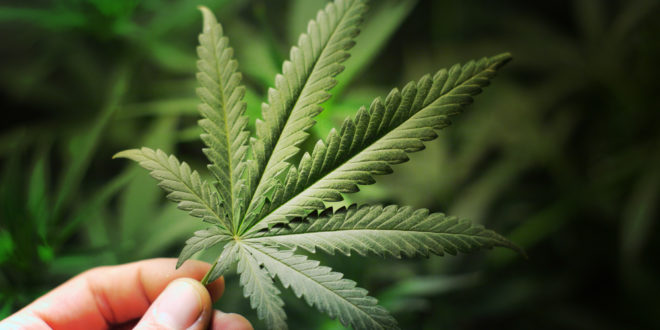As of this writing, approximately one-third of the country’s states have legalized marijuana for recreational use. Most of the others allow cannabis for medical use.
Cannabis contains many different compounds. The most well-known is THC, the intoxicating substance that makes people feel high. However, cannabis also contains other compounds, such as CBD and CBG, which do not cause intoxication. All cannabinoids work within the body’s endocannabinoid system or ECS by binding to different receptors found there. That’s why THC causes intoxication but CBD does not. They work on different parts of the ECS. Cannabis compounds are intended to work together. This is called the entourage effect.
Here are some possible health benefits of regular use of cannabis products:
Treatment of Seizures
Marijuana has long been used as a treatment for seizure disorders. Epidiolex, a CBD anti-seizure medication approved in 2018, treats several intractable types of severe seizure disorders occurring mainly in children.
Pain Management
THC interacts with the ECS to reduce the perceived sensation of pain. This may be helpful for many types of painful conditions, such as osteoarthritis, migraine, fibromyalgia and endometriosis. Since cannabis is also an anti-inflammatory, it may be especially useful in painful conditions with an inflammatory component, such as rheumatoid and psoriatic arthritis and inflammatory bowel diseases. It may be safer than long-term use of anti-inflammatory drugs like ibuprofen and aspirin. It should be noted that in states with relaxed cannabis laws, opioid use is significantly reduced.
Marijuana appears to have opioid-like painkilling effects on the central nervous system. However, it’s far less risky than synthetic opioids and also has a far lower addiction potential.
Neurological and Mental Health Disorders
Because of the way cannabis interacts with the brain’s limbic system, the part of the brain associated with mood, emotion and olfaction, it may help to relieve symptoms of depression and anxiety. Marijuana may also help those with Parkinson’s disease, Tourette’s syndrome, multiple sclerosis and post-traumatic stress disorder.
Insomnia
Cannabis promotes better sleep through its actions on the ECS. Sleep may also improve due to reduced pain levels.
Nausea and Vomiting
Cannabis may ease nausea in people receiving chemotherapy and those with certain medical conditions. It may help people with anorexia to normalize the appetite and gain weight. Cannabis may also help with wasting syndrome, a condition in which dangerous amounts of weight and muscle are lost. This commonly occurs in people with cancer and HIV/AIDS.
Diabetes
People with this condition have abnormally high blood sugar levels. This is often linked to insulin resistance, a condition in which the body’s cells refuse to allow insulin to enter them. This keeps the sugar in the blood, causing damage to many organs and depriving the cells of the sugar they need for energy. Marijuana may help these people to lower and better regulate blood glucose. Marijuana users also tend to have a lower body weight, which helps with diabetes as well because being even moderately overweight tends to aggravate the condition.




